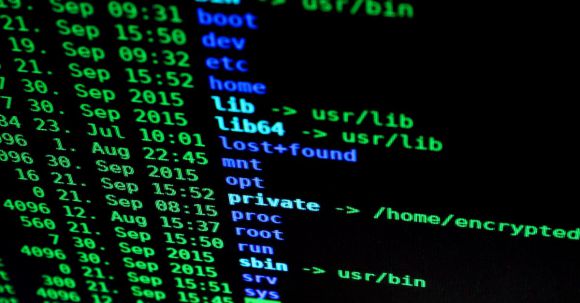In recent years, quantum computing has emerged as a promising technology with the potential to revolutionize various fields, including encryption. As quantum computers become more powerful, questions arise about the security of current encryption standards. Will quantum computing render our current encryption methods obsolete? In this article, we will explore the potential threats quantum computing poses to encryption, as well as the efforts being made to develop quantum-resistant encryption algorithms.
The Power of Quantum Computing
To understand the threat quantum computing poses to encryption, we first need to grasp the power of this emerging technology. Unlike classical computers that use bits to represent information as either 0s or 1s, quantum computers use quantum bits, or qubits, which can represent both 0 and 1 simultaneously. This property allows quantum computers to perform certain calculations exponentially faster than classical computers.
The Vulnerability of Current Encryption Standards
Most of today’s encryption relies on mathematical algorithms that are difficult to solve for classical computers. However, these algorithms, such as the RSA and ECC (Elliptic Curve Cryptography), are vulnerable to attacks from quantum computers. Quantum computers can exploit the mathematical properties that underpin these encryption algorithms, using a technique called Shor’s algorithm to efficiently factor large numbers and break the encryption.
Shor’s algorithm poses a significant threat to encryption because it can quickly factor large numbers, which is the basis of many encryption algorithms. For example, RSA encryption relies on the difficulty of factoring large semiprime numbers, but Shor’s algorithm can factor these numbers efficiently with a sufficiently powerful quantum computer. This means that encrypted data, which is considered secure against classical computers, could be easily decrypted by a quantum computer.
Quantum-Resistant Encryption Algorithms
Recognizing the potential threat, researchers have been working on developing quantum-resistant encryption algorithms that can withstand attacks from quantum computers. These algorithms are designed to be secure against both classical and quantum computer attacks, ensuring the longevity of encryption in the face of advancing technologies.
One such algorithm is the lattice-based encryption algorithm. Lattice-based cryptography relies on the hardness of certain mathematical problems associated with lattices, such as the Shortest Vector Problem (SVP) and Learning With Errors (LWE). These problems are believed to be resistant to attacks from both classical and quantum computers. Lattice-based encryption algorithms are currently being standardized by organizations like the National Institute of Standards and Technology (NIST).
Another promising approach is the use of post-quantum cryptography based on hash-based digital signatures. These signatures are derived from the properties of cryptographic hash functions, which are believed to be resistant to quantum computer attacks. Hash-based digital signatures have been extensively studied and are considered a viable option for quantum-resistant encryption.
Conclusion: Preparing for the Quantum Future
While quantum computing poses a potential threat to current encryption standards, efforts are underway to develop quantum-resistant encryption algorithms that can ensure the security of our data in the face of advancing technologies. Researchers and organizations are actively working to identify and standardize these algorithms to prepare for the quantum future.
As quantum computers continue to evolve, it is crucial for businesses, governments, and individuals to stay informed about the potential threats and advancements in quantum-resistant encryption. By understanding the challenges and taking proactive measures, we can ensure the confidentiality and integrity of our data, even in the age of quantum computing.





